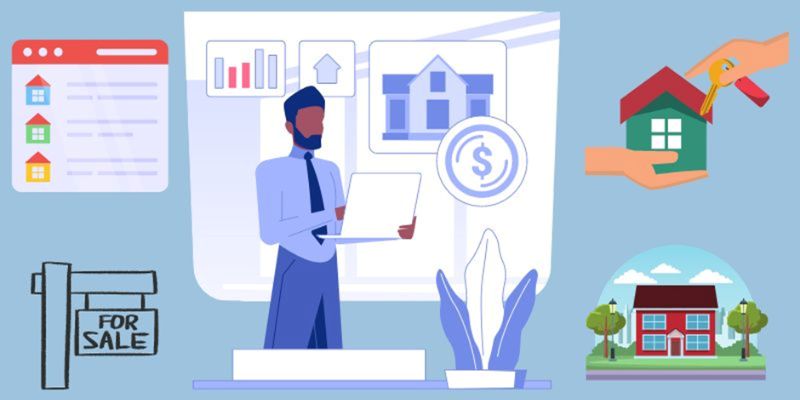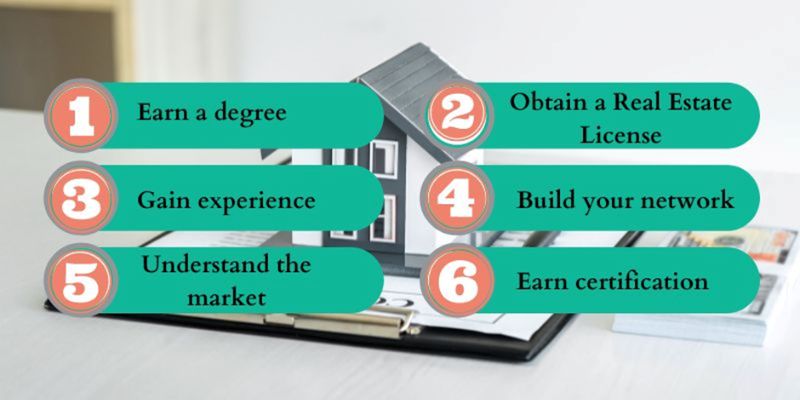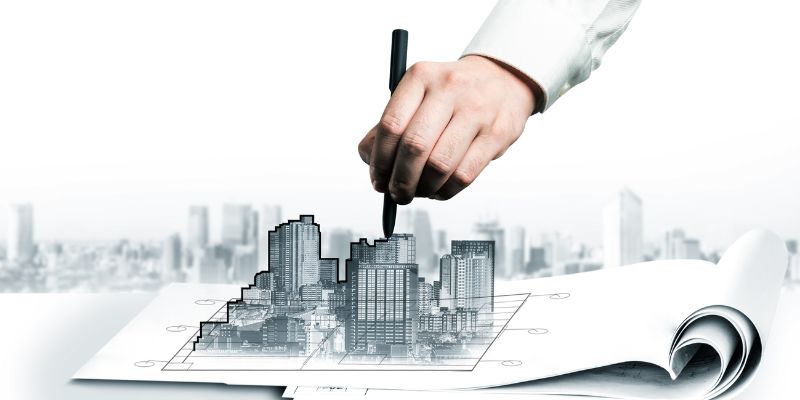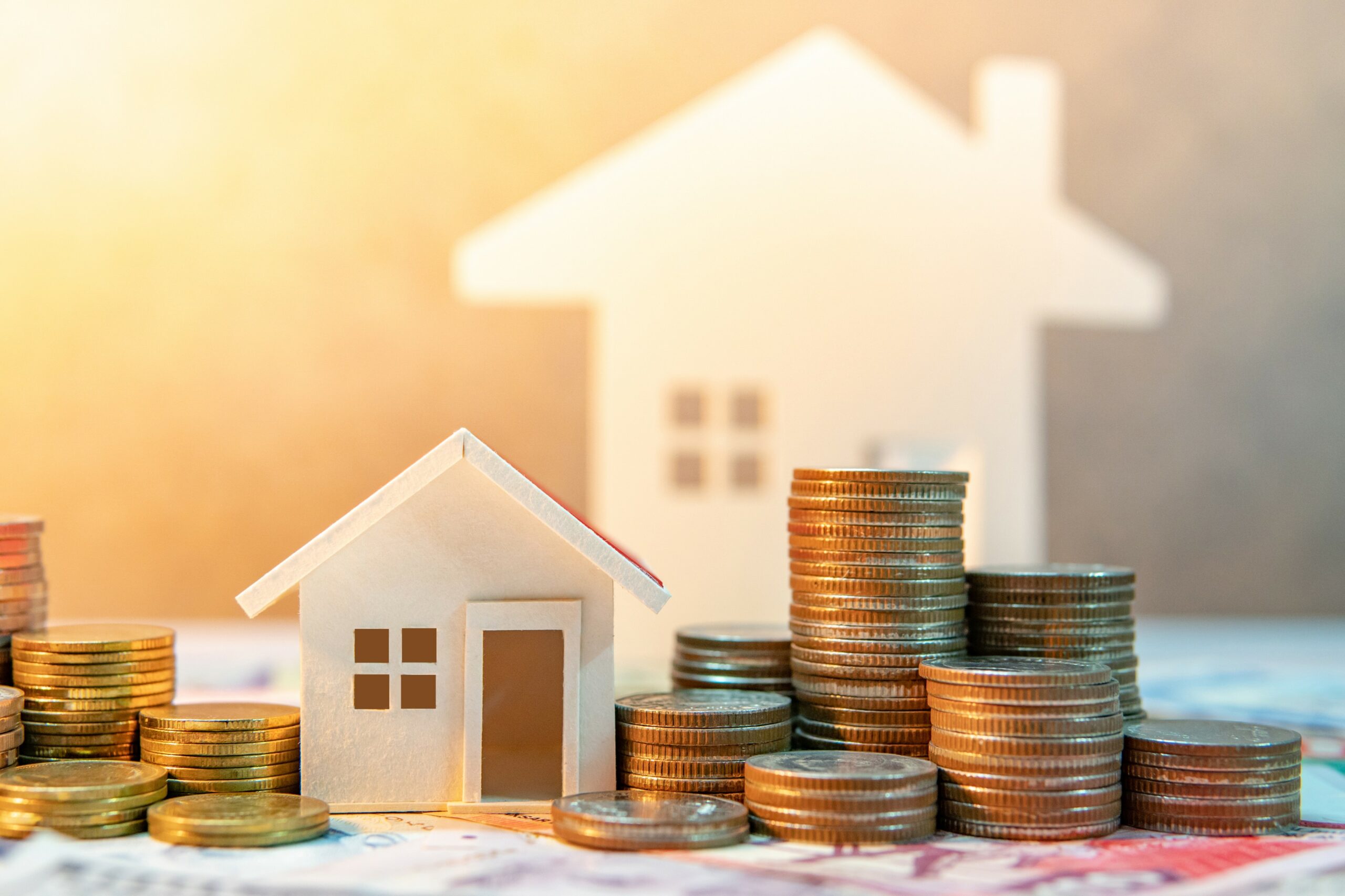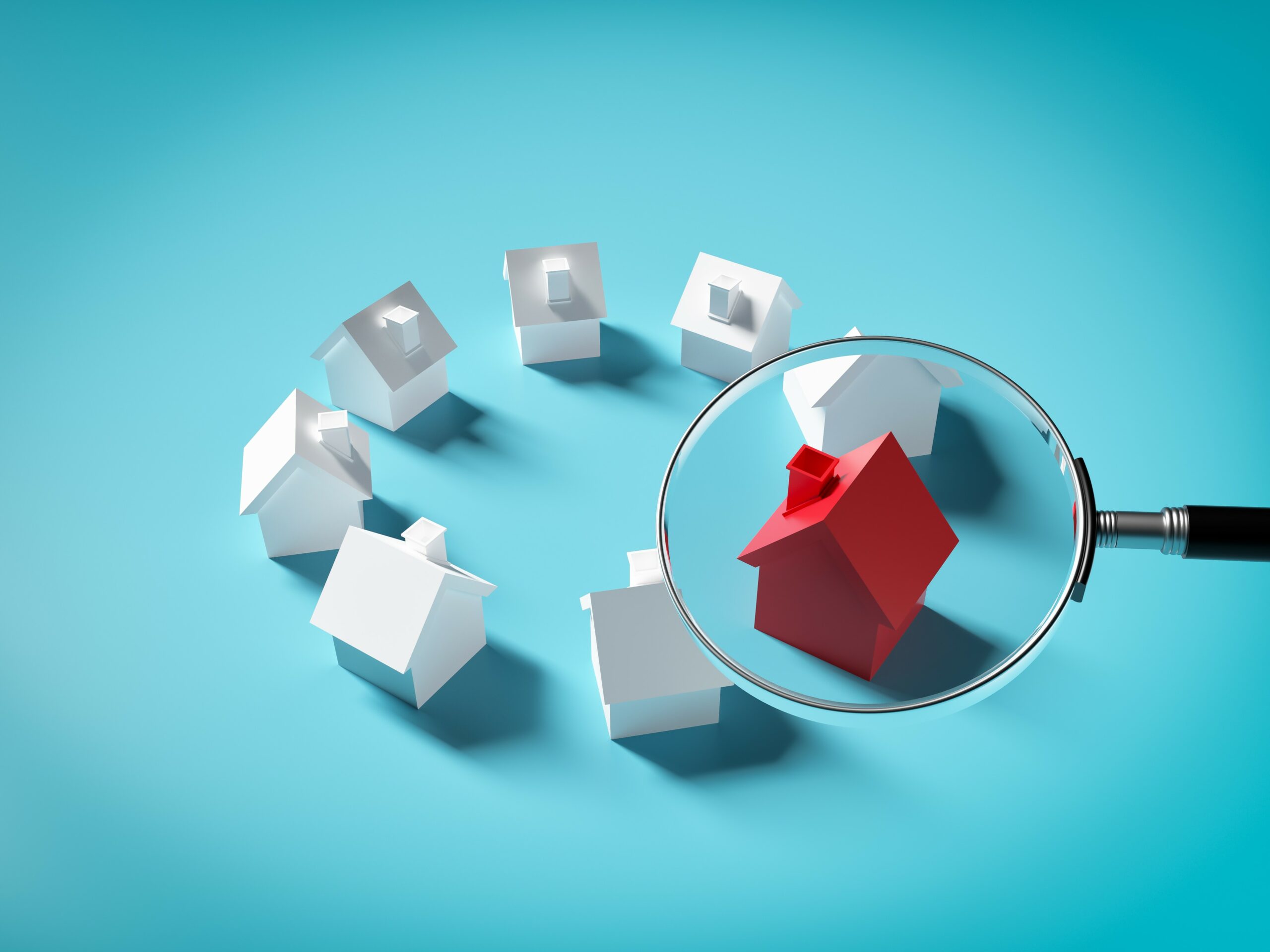Wondering how to become a real estate developer? The real estate industry is a dynamic and crucial force in today’s ever-expanding world. As our cities grow and evolve, skilled real estate developers play a pivotal role in shaping their future.
But taking your first steps to become a real estate developer might seem daunting, especially if you’re new to the field.
Real estate development isn’t just about constructing buildings, crafting communities, and driving economic growth. It’s a versatile arena that involves identifying opportunities, securing funding, navigating regulations, and, ultimately, turning a vision into reality.
In this guide, we’ll walk you through the essential steps and insights you need to kickstart your career as a real estate developer. Whether you’re a newcomer or looking to enhance your existing knowledge, you’ll discover the path to becoming a successful developer and impacting the places we call home.
So, let’s explore real estate development and uncover the keys to your success
The Duties and Responsibilities of a Real Estate Developer
As a real estate developer, you’ll be tasked with many responsibilities crucial for successfully completing projects. Here’s a list of key duties and responsibilities:
- Market Research: Conduct in-depth market research to identify potential opportunities, including property demand, pricing trends, and competitor analysis.
- Land Acquisition: Find suitable land or properties for development, negotiate deals, and secure approvals and permits.
- Financial Analysis: Create detailed financial models to assess project feasibility, including cost estimation, revenue projection, and return on investment (ROI) calculations.
- Project Planning: Develop a comprehensive project plan outlining timelines, milestones, and resource allocation.
- Legal Compliance: Ensure all legal requirements, such as zoning regulations, environmental assessments, and building permits, are met throughout the development process.
- Design and Construction: Collaborate with architects, engineers, and construction teams to oversee the design and construction phases, ensuring quality and plan adherence.
- Budget Management: Monitor project budgets, control expenses, and seek cost-effective solutions to keep projects on track.
- Risk Management: Identify potential risks and develop strategies to mitigate them, such as market fluctuations, construction delays, or regulatory changes.
- Sales and Marketing: Develop marketing strategies to promote the property, attract buyers or tenants, and negotiate sales or lease agreements.
- Stakeholder Communication: Maintain clear communication with investors, partners, and other stakeholders, providing regular updates on project progress.
- Sustainability: Incorporate sustainable and eco-friendly practices into your projects, considering environmental impact and energy efficiency.
- Post-Development: Oversee property management and maintenance, ensuring a smooth transition to the operational phase.
Becoming a successful real estate developer requires diverse skills, including financial acumen, negotiation skills, and a deep understanding of the real estate market. Continuous learning and adaptability are crucial to thriving in this dynamic field.
6 Steps to Become a Real Estate Developer
Becoming a real estate developer is an exciting journey that involves several steps. While formal education is essential, hands-on experience and building a strong network are equally crucial. Here are the key steps to becoming a real estate developer:
- Earn a degree
- Obtain a Real Estate License
- Gain experience
- Build your network
- Understand the market
- Earn certification
Becoming a real estate developer is a multi-faceted journey that combines education, experience, networking, and continuous learning. By following these steps and staying dedicated to your professional growth, you can pave the way for a successful career in real estate development.
1. Earn a Degree
Earning a degree is the foundational step toward becoming a real estate developer. While there might not be specific programs solely focused on real estate development, pursuing a bachelor’s degree in related fields such as management, business, accounting, engineering, construction management, finance, or law provides essential knowledge and skills.
These fields offer a comprehensive education highly relevant to real estate development. You’ll acquire valuable insights into project management, financial analysis, legal considerations, and business strategies during your studies.
Remember that real estate development involves a combination of financial acumen, legal expertise, construction knowledge, and management skills. Your chosen degree program should ideally cover these aspects, equipping you with a well-rounded foundation for your career.
2. Obtain a Real Estate License
Acquiring a real estate license is crucial in your journey to becoming a real estate developer.
While not mandatory for developers, it provides invaluable experience and insights into the real estate industry. You must complete the required coursework and pass a state-issued exam to obtain a license.
As a licensed real estate agent, you’ll gain hands-on experience in property transactions, market analysis, and client interactions. This experience is invaluable for understanding the dynamics of real estate markets and building a network within the industry.
Additionally, a real estate license can enhance your credibility and trustworthiness as you progress in your career.
3. Gain Experience
Gaining practical experience as a real estate agent is critical to becoming a real estate developer. Working with clients to buy and sell properties provides first-hand insights into the intricacies of real estate transactions.
You’ll learn about market trends, negotiation strategies, property valuations, and client preferences. This experience builds your expertise and helps you establish a network of industry contacts.
As you navigate various real estate deals, you’ll encounter professionals ranging from brokers and investors to contractors and lawyers.
Building relationships with these individuals can open doors to future collaborations and partnerships in real estate development.
4. Build Your Network
Building a robust professional network is fundamental to becoming a successful real estate developer. Networking lets you connect with industry peers, potential partners, investors, and clients. It’s a powerful tool for staying updated on market trends, accessing valuable resources, and opening doors to new opportunities.
To start building your network:
- Consider joining professional social networking platforms like LinkedIn.
- Create a compelling profile that highlights your aspirations as a real estate developer.
- Actively engage with industry-related content, participate in discussions, and connect with professionals who share your interests.
Additionally, attend local events, conferences, and seminars focused on real estate. These gatherings provide a platform for face-to-face interactions, allowing you to establish meaningful relationships within the industry.
As your network grows, you’ll access insights, mentorship, and potential collaborators that can significantly accelerate your progress in real estate development.
5. Understand the Market
A deep understanding of UAE’s real estate market is essential for making informed decisions as a developer. Real estate markets can vary widely from one location to another and even within different neighborhoods of the same city. Understanding the dynamics of your local market is critical.
Start by researching market trends on the industry’s commercial and residential sides. Pay attention to property values, rental rates, supply and demand, and economic indicators. Familiarize yourself with the neighborhoods you’re interested in and their growth potential.
Consider working with experienced real estate professionals who can provide valuable insights into the market. Developing expertise in your specific market niche, whether residential, commercial, or mixed-use properties, will give you a competitive edge in identifying opportunities and mitigating risks.
6. Earn Certification
While certification is not mandatory for real estate developers, it can significantly enhance your qualifications and marketability. Earning certifications demonstrates your commitment to professionalism and expertise in the field.
Consider enrolling in real estate training and certification programs that align with your career goals. These programs often cover specialized areas such as real estate investment, property development, and project management. Completing relevant certifications can differentiate you from competitors and instill confidence in potential clients, investors, and partners.
What Qualities and Skills Should A Real Estate Developer Have?
Becoming a successful real estate developer requires unique qualities and skills. These attributes are essential for navigating the industry’s complexities, managing projects effectively, and building a thriving career. Below are the key skills that a real estate developer should possess:
- Negotiation Skills: Effective negotiation with various stakeholders is crucial for securing favorable deals and resolving conflicts.
- Communication Skills: Clear and concise communication is vital for conveying project details, expectations, and ideas to a diverse audience.
- Analytical Skills: The ability to analyze complex data, assess market conditions, and make data-driven decisions is fundamental.
- Research Skills: Strong research skills are necessary to gather information, assess market trends, and stay informed about industry developments.
- Networking Skills: Building a robust professional network can open doors to partnerships, investments, and valuable industry insights.
Conclusion
If you want to know how to become a real estate developer, invest in a combination of education, experience, and essential skills. Real estate development is pivotal in shaping communities and driving economic growth, making it a rewarding career choice.
To embark on this journey, consider following the steps explained in this blog. Moreover, cultivate essential skills like negotiation, communication, research, and networking. These qualities, combined with the right education and experience, will pave your path to success in real estate development.
For those looking to excel in this field, ThinkProp offers comprehensive real estate training programs covering key property development aspects. Take the next step in your real estate developer journey with our expert guidance. Your dream of shaping communities and building a thriving career starts here.

